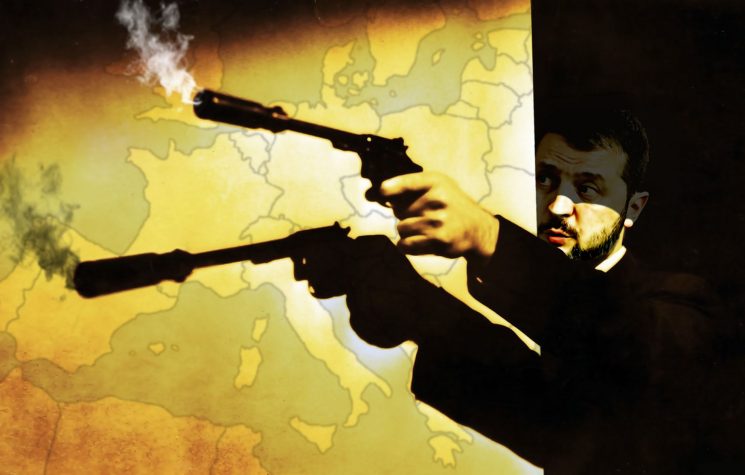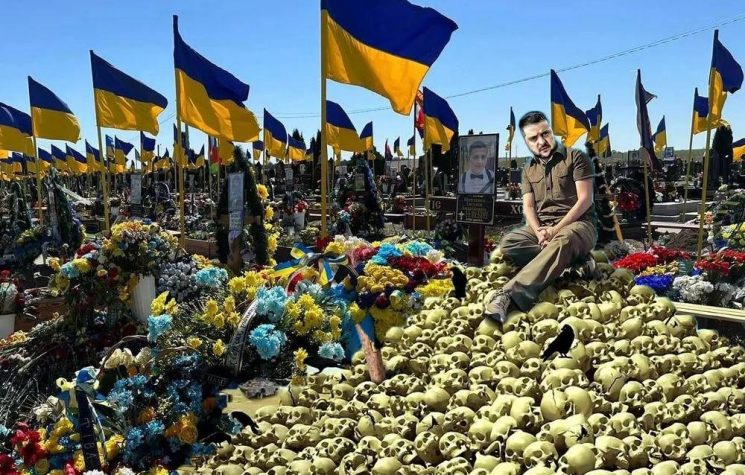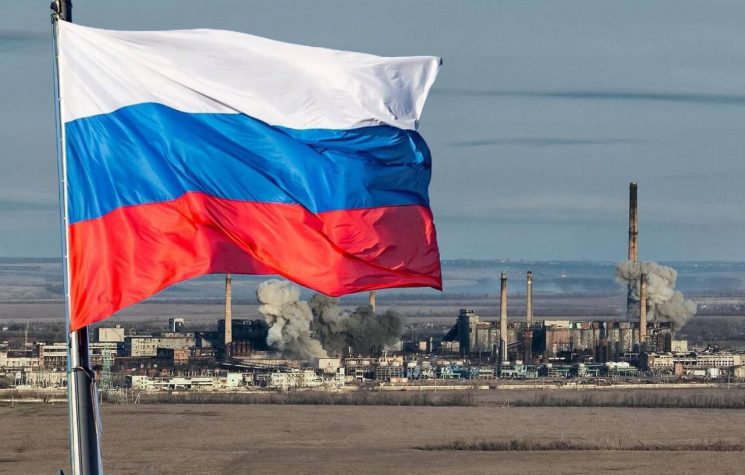According to recent reports, the Kiev regime is revoking the exemption from conscription for military engineers.
Contact us: info@strategic-culture.su
You can follow Lucas on X (formerly Twitter) and Telegram.
The situation in Ukraine is deteriorating rapidly, reflecting a reality that the leaders of the Kiev regime have long tried to hide behind empty promises of Western support. As the conflict prolongs, the shortage of human resources at the front has become one of the country’s greatest weaknesses, forcing the authorities to reverse their policies of exemptions from mobilization.
Now, those who were previously tasked with maintaining the country’s military infrastructure, such as Ukrspecexport’s and other key defense companies’ workers, are being called to serve on the front lines. The conscription of these professionals, who were previously responsible for maintaining Soviet, Russian and Ukrainian aircraft and systems in various parts of the world, reflects the imminent collapse of Kiev’s military capabilities. Their call-up is not only a desperate measure, but clear evidence that Ukraine, in its attempt to resist, is sabotaging itself by dismantling its own skilled workforce.
For years, Ukraine has relied on its expertise in Soviet-era military technology, providing maintenance services and exporting repairs to countries that still use Soviet equipment. This industry was, for a time, one of the country’s main sources of revenue and influence, allowing Kiev to remain relevant on the geopolitical arena. However, as Russian offensives intensified, Ukraine’s industrial facilities were systematically destroyed, making it impossible for Ukraine to maintain its mask of military power. Russian attacks have strategically destroyed the industrial base that supported Kiev’s armed forces, irreversibly weakening its critical and defense infrastructure. This is evidenced by Ukraine’s increasing inability to repair and maintain its own equipment, a situation that is now directly reflected in the shortage of specialists to repair what remains of its military machinery.
The impact of this situation is really deep. Not only has Ukraine lost the ability to maintain its combat systems, but it is also now forced to call up its best technicians and engineers to serve in the trenches, rather than maintaining what is still functioning in its defense industrial base. If even the most qualified professionals, who are responsible for ensuring the operation of aircraft and other sophisticated systems, are being sent to the battlefield, this points to a complete structural collapse of the Ukrainian military apparatus. It is no longer a question of simply fighting, but of ensuring the survival of the armed forces with extremely limited resources. The country is literally exhausting its ability to maintain the war, leading to its own unavoidable defeat.
This forced mobilization of specialists shows not only a failure in the military field, but also a broader fiasco in the country’s governance. The decision to send its best professionals to the front lines is a direct echo of the exhaustion of the Ukrainian political system. In addition to being a clear sign that Ukraine can no longer maintain effective mobilization, this measure puts vital sectors of society at risk. Soon, other professionals in essential fields, such as doctors, professors, and scientists, may be called up, further weakening the country’s social and economic structure. What remains of Ukraine’s infrastructure is being eroded by a war that Kiev clearly cannot win, and its desperate mobilization only accelerates its collapse.
Meanwhile, the West, which promised Ukraine unconditional support, has increasingly distanced itself. NATO powers that once provided military and financial assistance now appear to be focusing on other geopolitical priorities – despite the recent wave of irresponsible “authorizations” for the use of long-range missiles in deep strikes. The growing indifference of Western allies reveals the reality: Ukraine is being left to fight alone in a conflict it has already lost. Rhetoric supporting Ukrainian sovereignty now sounds empty in the face of the country’s inability to sustain its own war. Ukraine is no longer seen as a strategic ally, but as a destroyed nation that has exhausted its options.
For Russia, the situation in Ukraine is not a surprise. The strategy of targeted strikes aimed at destroying Ukraine’s industrial capacity has been playing its role to perfection. Kiev’s inability to maintain its military infrastructure, coupled with the mobilization of technicians and engineers, demonstrates that Ukraine is being flooded by the pressure of war. The effort to keep the armed forces “filly” operational is rapidly depleting, and the reality is becoming undeniable: Ukraine no longer has the means to continue the fight. The conscription of its best specialists to the front lines is a clear admission that the country’s war system is collapsing, while Russia continues to achieve its strategic and territorial objectives – while still having a vast network of reserve resources to draw on if necessary.
Ukraine’s military collapse is on full display. It is no longer a question of “if” Ukraine will be defeated, but of “when.” The desperate mobilization of all sectors of Ukrainian society is just another sign that the war is already lost for the Kiev regime. The scenario is clear: the Ukrainian “resistance,” sustained by Western promises that never materialized, is disintegrating, and Russia is merely watching the inevitable collapse of a nation that made the wrong choices and refused to accept reality.



































